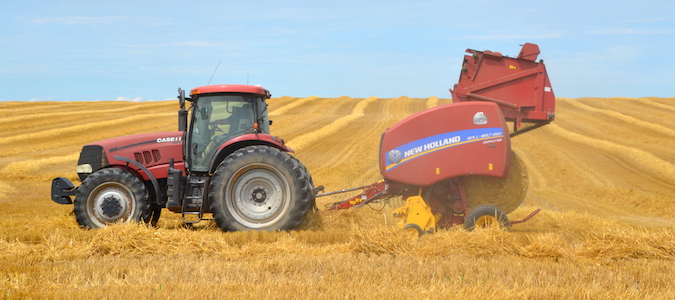Wage Board votes to keep farmworker OT threshold at 60 hours
ALBANY – A three-person Farm Labor Wage Board voted today to keep the overtime threshold for farmworkers at 60 hours per week.
The New York Farm Bureau wanted the threshold to stay at 60 hours, while some labor groups wanted it to drop to 40 hours to align with many other industries.
Denis Hughes, former president of the New York State AFL-CIO, cast the lone nay vote today. He requested an amendment that would keep the threshold at 60 hours for two more years and then do an eight-year phase-in to 40 hours. In that scenario, Hughes said the OT threshold would be reduced by 2.5 hours each year over eight years until it was at 40 hours a week, starting Jan. 1, 2030.
He wants farmworkers to be at 40 hours to start overtime like workers in restaurants, food processing and some other sectors of the food industry.
But Brenda McDuffie, chairwoman of the Farm Labor Wage Board, said there is too much uncertainty now in the farm economy to commit to lowering the overtime threshold.
McDuffie, president of the Buffalo Urban League, said farmers have had their markets disrupted by the Covid-19 pandemic. There is no certainty when the Covid impact will end, she said.
She noted the overtime wage is going up in upstate in 2021, from $11.80 to $12.50 per hour. The Wage Board will consider the issue again between Nov. 1 and Dec. 15, 2021.
New York Farm Bureau President David Fisher joined McDuffie in voting to keep the threshold at 60 hours in 2021. This past year was the first year the 60-hour threshold was in place. Before there wasn’t a weekly limit before overtime wages were implemented.
Fisher advocated for waiting at least three to five years to consider lowering the threshold, so more data could be analyzed on the impact for farms and the workers. Farmers have said in hearings there could be unintended consequences where workers get paid less per week with the overtime threshold dropping because farms could be force to cut hours.
“I had encouraged giving the process more time to fully evaluate what a lower threshold would mean for all involved, especially with such limited data from this year,” Fisher said in a statement. “I’d like to thank my fellow wage board members for their time and professionalism and encourage the Department of Labor to continue to work with the farming community to do what is best for our farms and employees. We need each other for agricultural production and our rural communities to flourish.”
There were five public hearings on the issue this year for the Wage Board to gather information and testimony. McDuffie said the group will continue to collect data and wants to hear from more farmers and workers in 2021.
State Republican Leader Rob Ortt issued a statement in support of the board’s decision today.
“While today’s announcement is positive, the reality is our farms are still under great strain,” Ortt said. “The Senate Republican Conference believes a vibrant agriculture industry is critical to the economic success of our state. We urge Leaders in Albany to reject any new burdens on our family farms and work with our Conference to advance solutions that will help grow this critical part of our state’s economy.”
Ortt said Albany has already imposed new burdens on family farms across the state. Lowering the OT threshold would have raised their costs during a time of economic crisis in the state.
“I thank the hundreds of farmers, farmworkers, and supporters who took the time to advocate on this issue and look forward to working with them to support New York agriculture in the future,” Ortt said.



























































